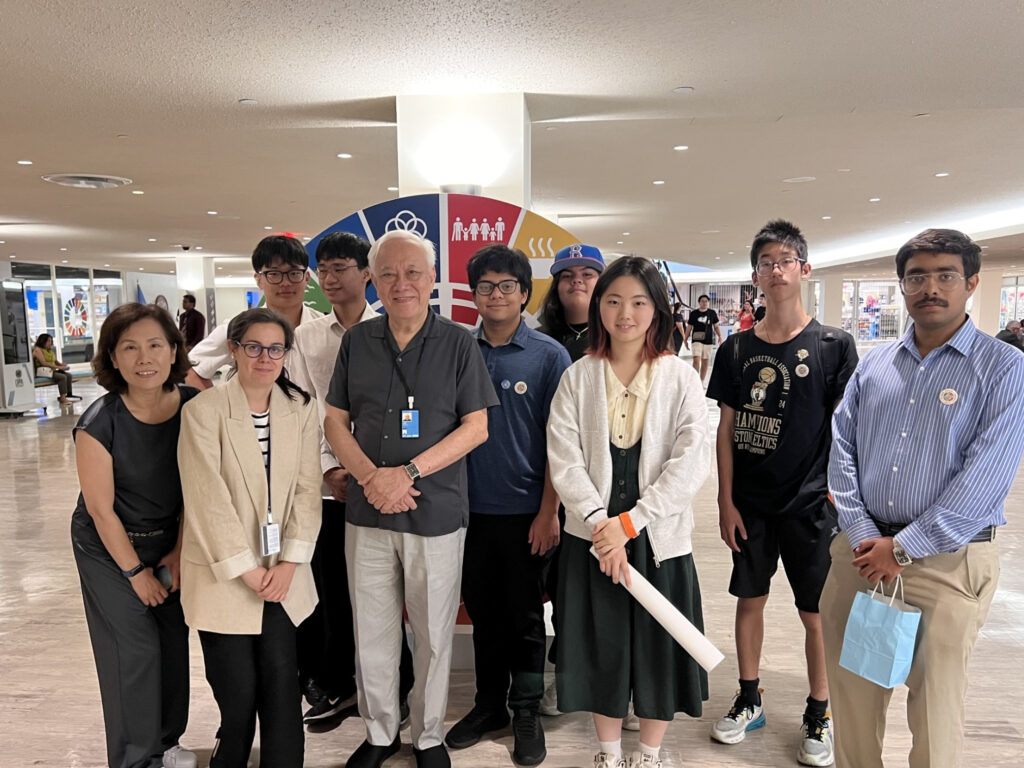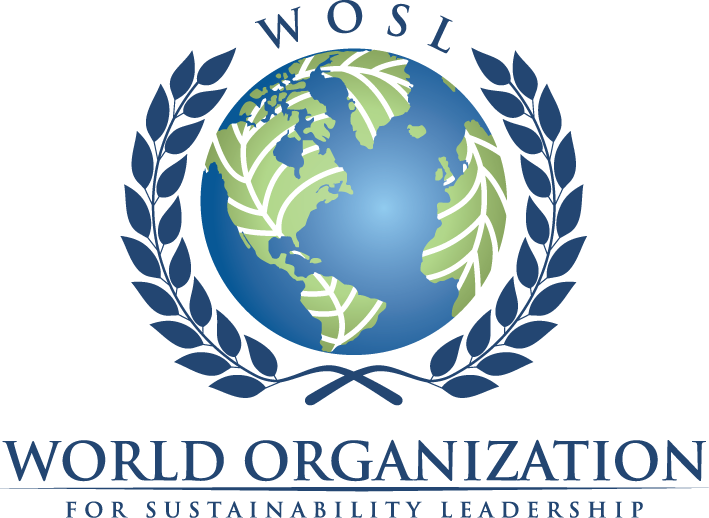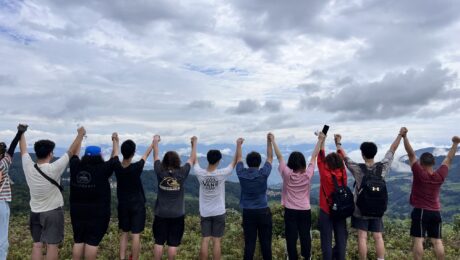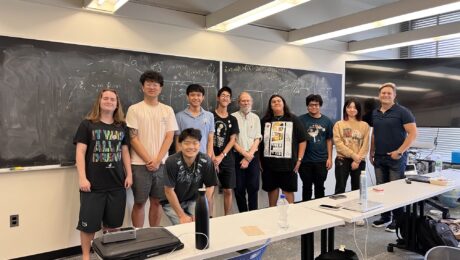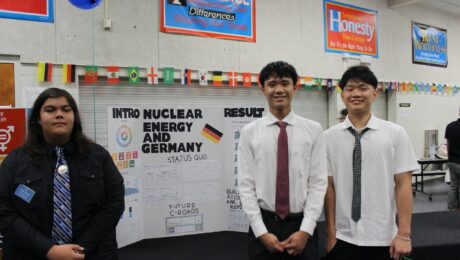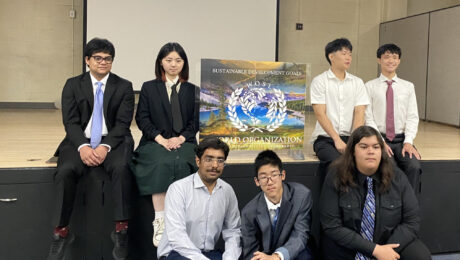2024 UN Junior Ambassador Program Journey – Interntaional Implementation
2024 UN Junior Ambassador Program’s final destination: China, where we conducted the implementation service learning portion of the UN Junior Ambassador Summer Training Program.
Our journey took us to Yuanyang, Yunnan—a region known for its ancient Water Terraces, a place with a history that dates back over 1,000 years. This area is a testament to the resilience of the minority populations who settled there long ago. The synergy between the mountains, forests, people, and water has created a unique environment that remains largely unaffected by climate change.
The water system here is remarkable: moisture builds up under heavy clouds, and winds carry it to the higher mountains. The forests and mountains help retain this moisture, resulting in abundant rainfall during the summer. Additionally, natural underground water reserves and numerous dams situated on the mountains ensure that there are no drought issues, providing more than enough water for both the people and agriculture.
The simplicity of life, the year-round greenery, and the rich cultural heritage have all contributed to Yuanyang being designated as a UNESCO World Heritage Site.
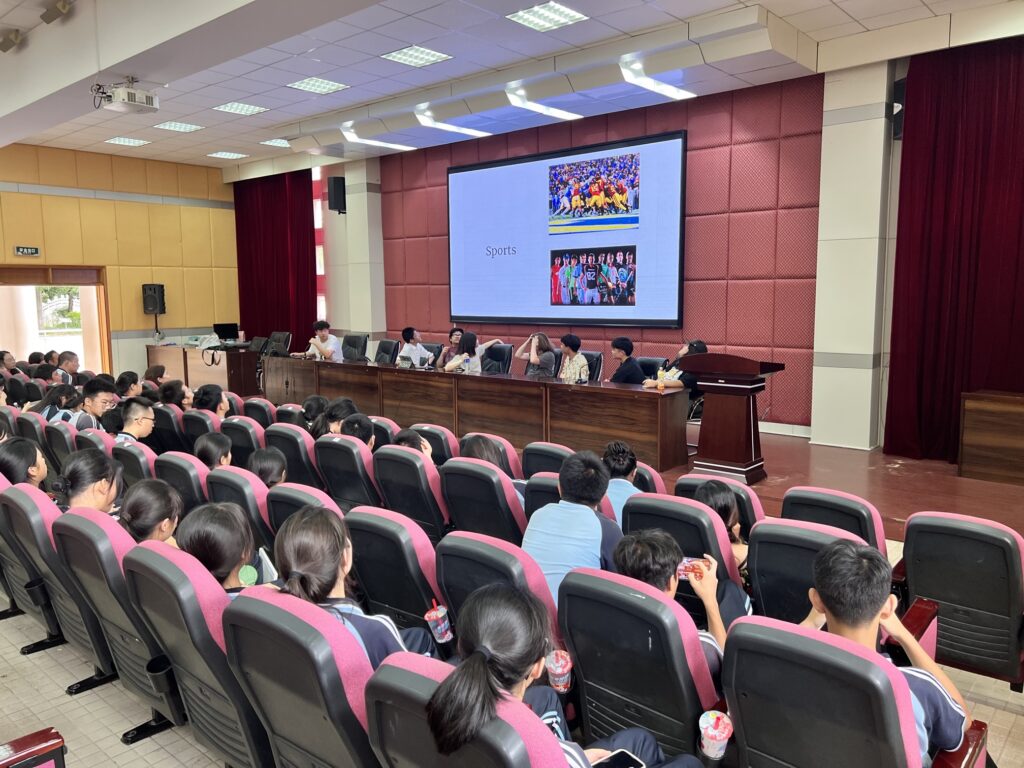
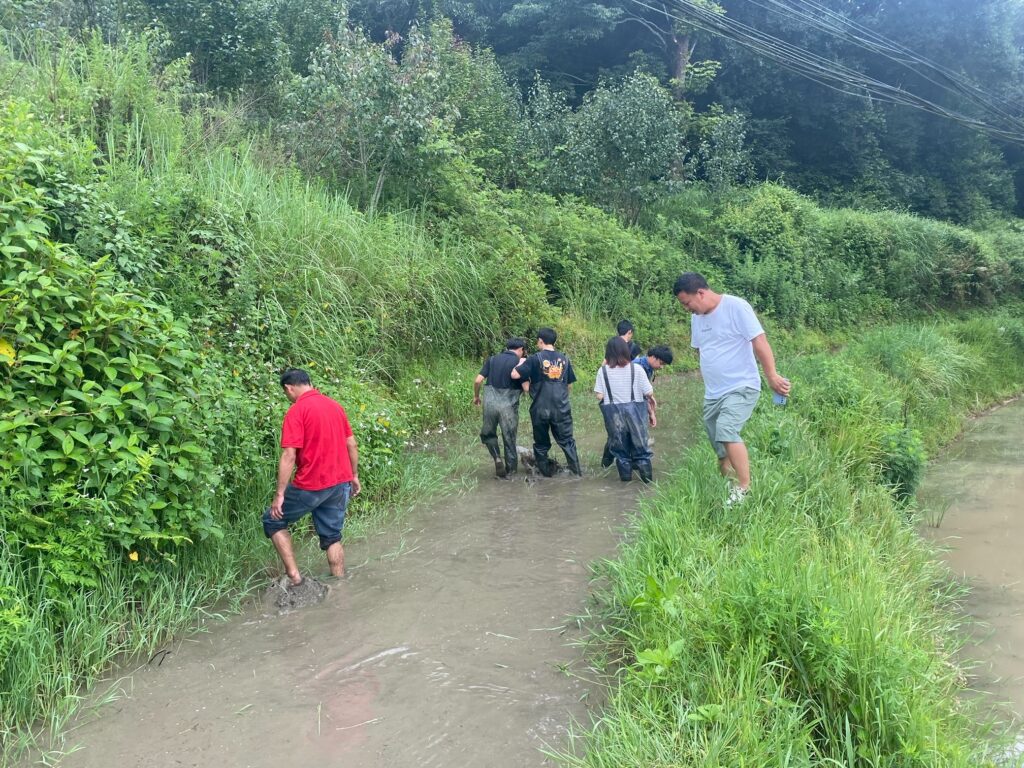
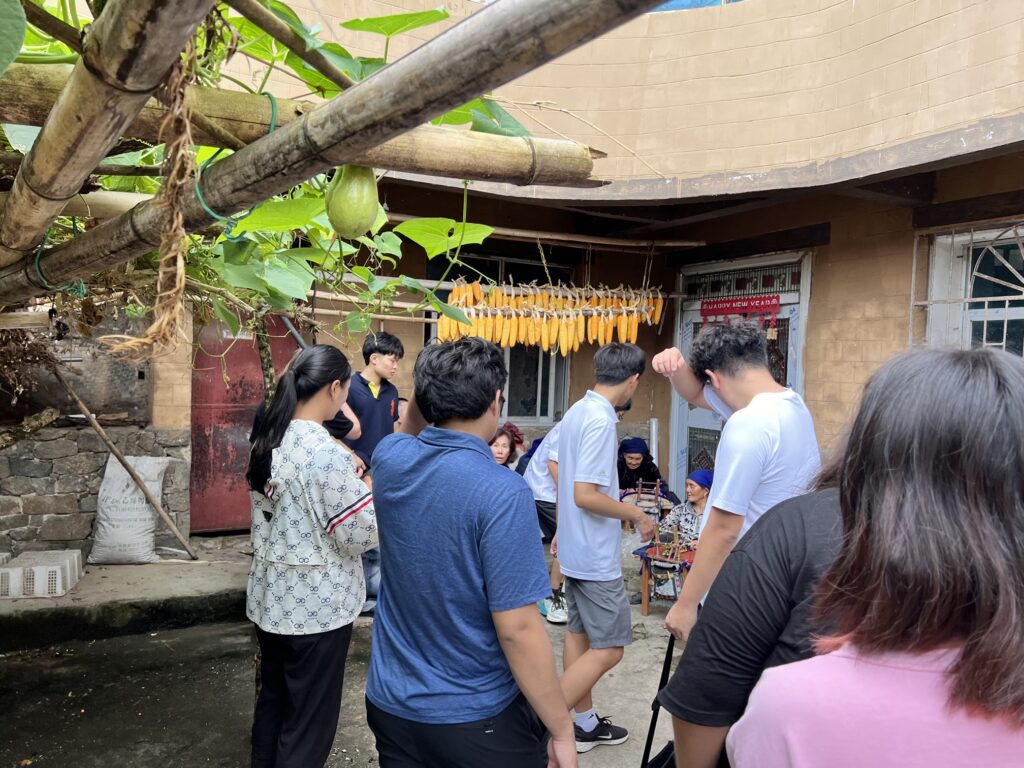
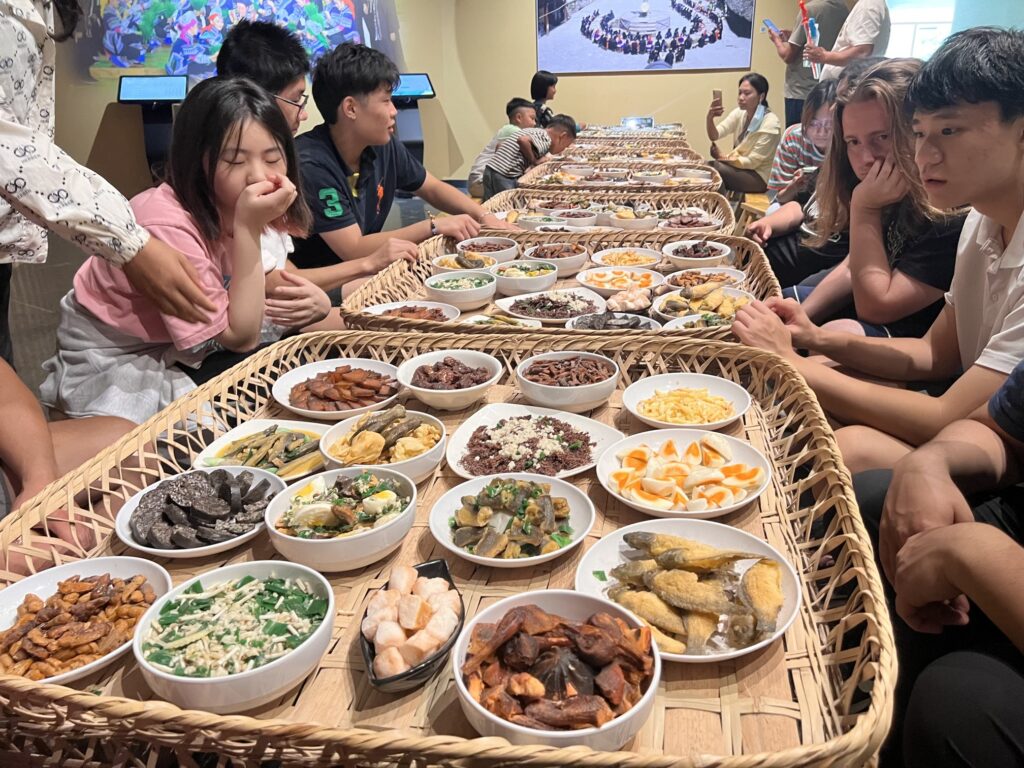
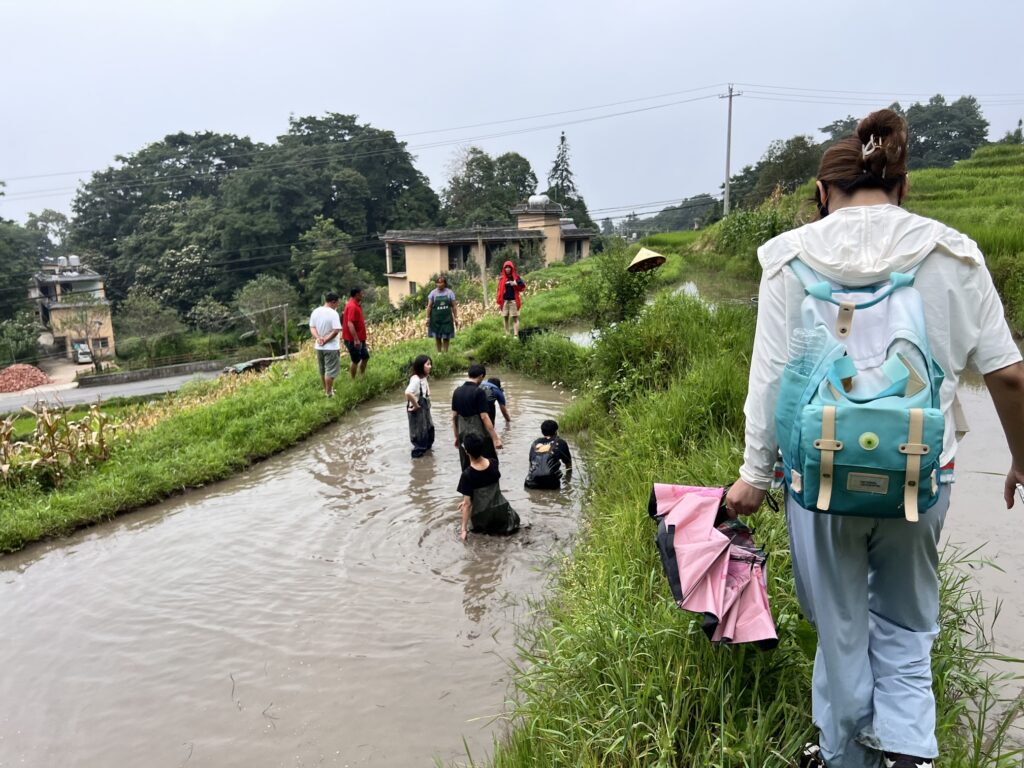
Our research in Yuanyang has yielded valuable insights that can be applied to real-world challenges. For instance, we explored how maintaining moisture under cloud cover and understanding the role of wind as a natural carrier could benefit regions facing heat waves and water scarcity. Additionally, our team studied the possibility of directing clouds towards the ocean to reduce the heat they hold. These findings provide a foundation for meaningful policy development, particularly for countries suffering from increased heat and dwindling water supplies.
2024 UN Junior Ambassador Program Journey – East Coast Delegation Trip
One of the most exciting parts of our program was the East Coast Delegation, where we not only visited MIT but also had the honor of presenting our work to United Nations officials. This experience allowed our UN Junior Ambassadors to both learn from experts and share their own insights on how they can contribute to society.
At MIT, we met with experts across various domains. Gosha Geogdzhayev and Jonathan Lauderdale demonstrated how small organisms collected from the Hudson River play a crucial role in balancing the ecosystem, particularly life underwater. Dr. Paolo Giani and Dr. Arlene Fiore talked about how water evaporation and wind can dramatically alter temperatures, affecting our environment.
Dr. Flierl focused on ocean currents and dynamics, highlighting their impact on marine life. These invaluable lectures deepened our understanding of how different elements and processes influence climate change.
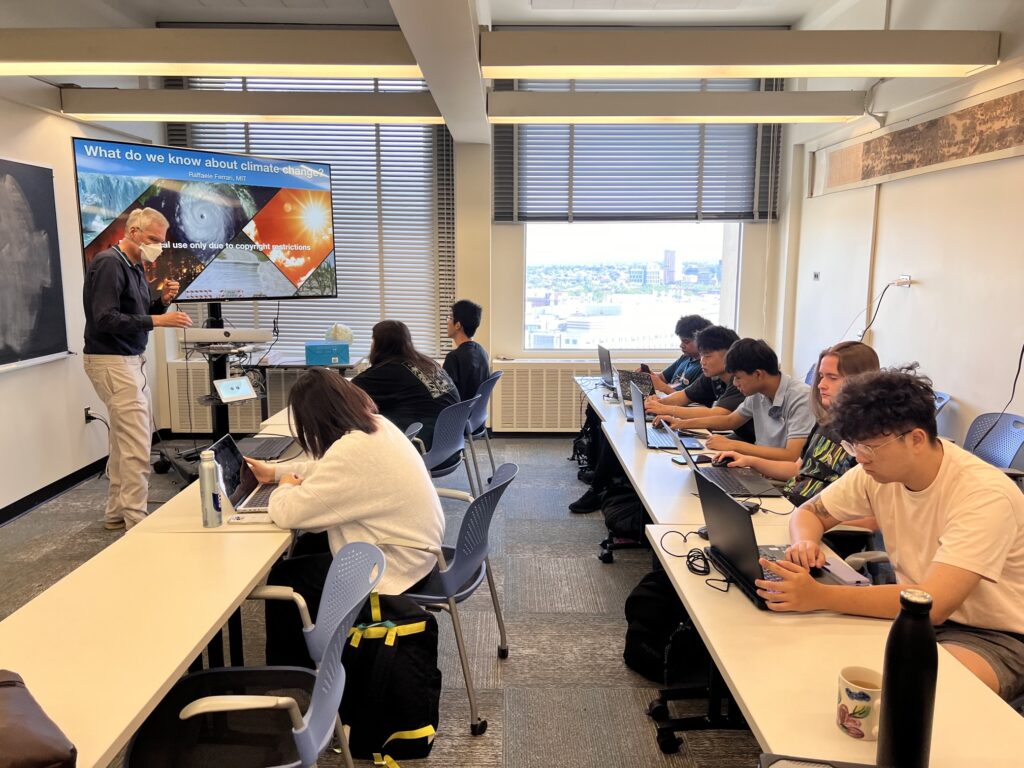
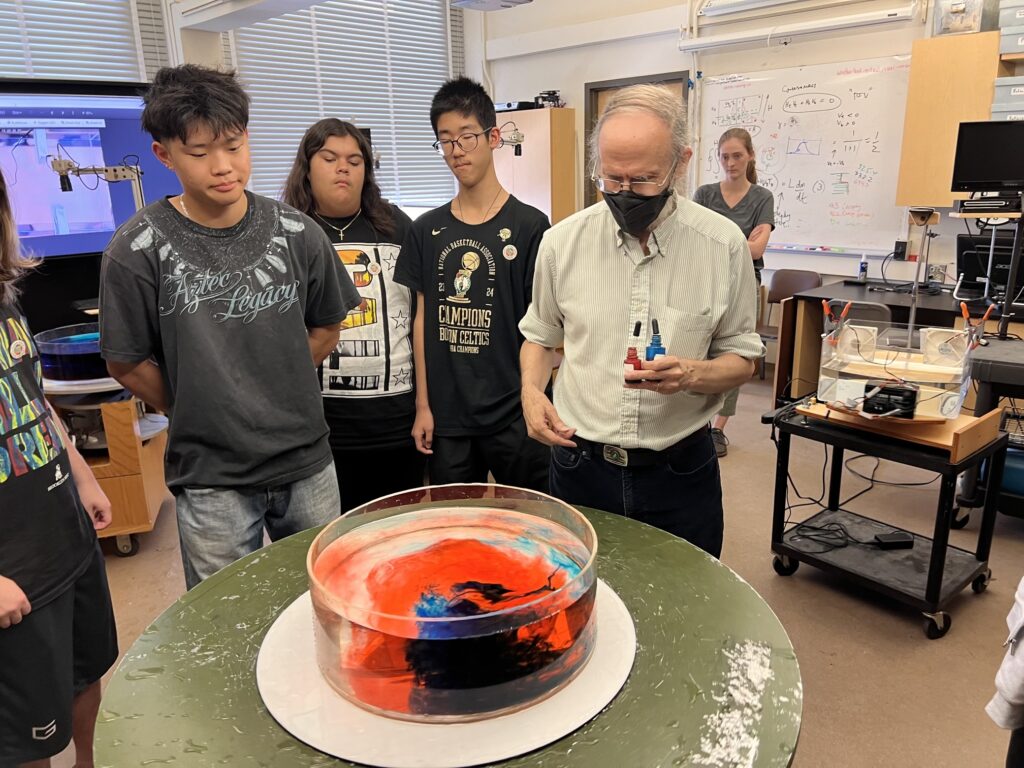
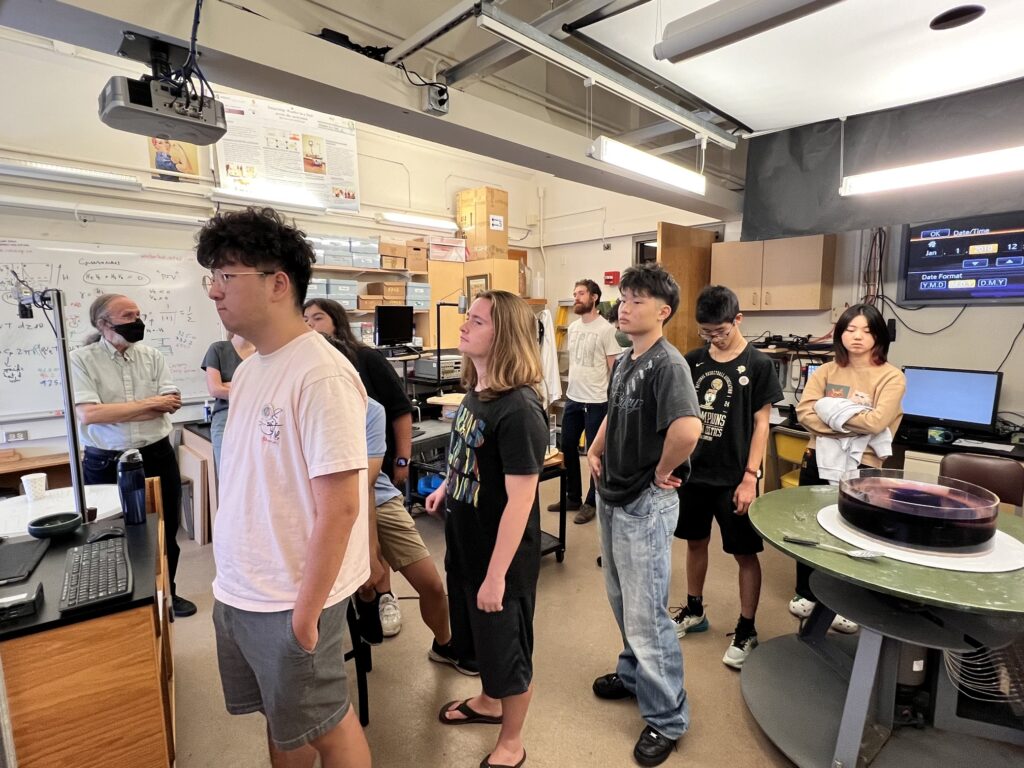
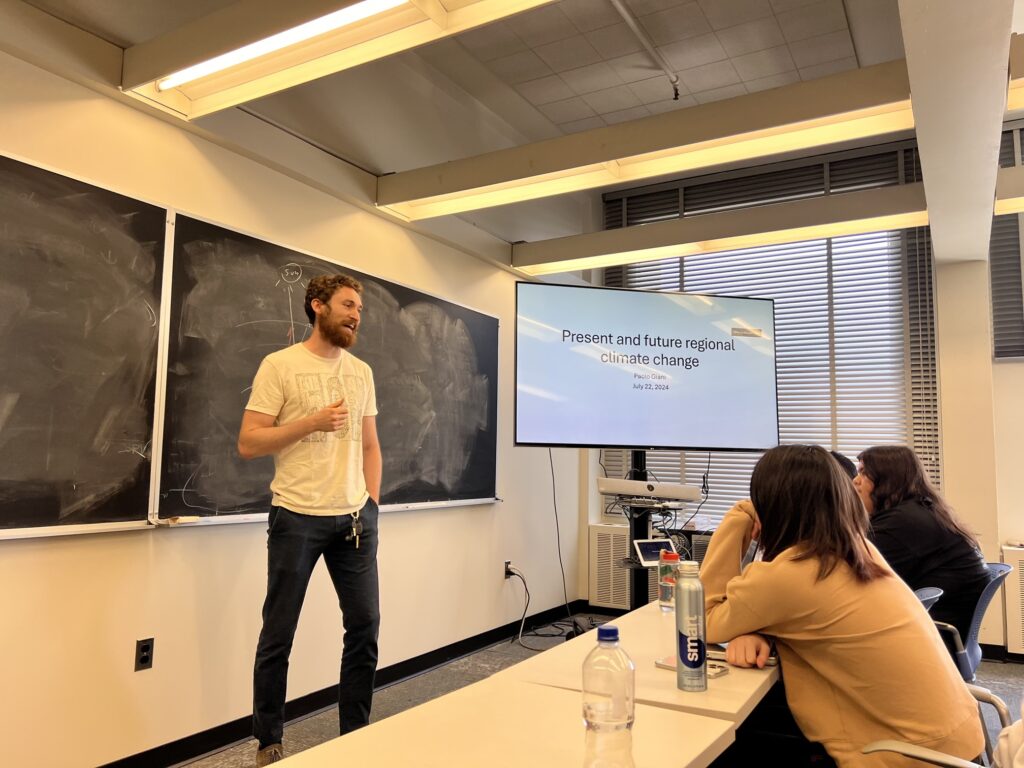
Leadership and Diplomacy
The UN Junior Ambassador Program emphasizes not only the Sustainable Development Goals (SDGs) but also leadership skills, which are vital for the students’ future roles. Each year, we arrange for students to meet with ambassadors, either at the United Nations or within their home countries. This year, we had the privilege of meeting Ambassador Munir Akram from Pakistan to the United Nations. Our students shared their findings and policy suggestions on how Pakistan could address its food shortage crisis.
A highlight of the trip was visiting the United Nations, where our students were honored to meet former economist Dr. Donald Lee. He shared his expertise on the economic factors that exacerbate climate change, including the challenges posed by space debris created by rapidly advancing technologies in developing countries. Dr. Lee’s insights underscored the complex interplay between economic development and environmental sustainability.
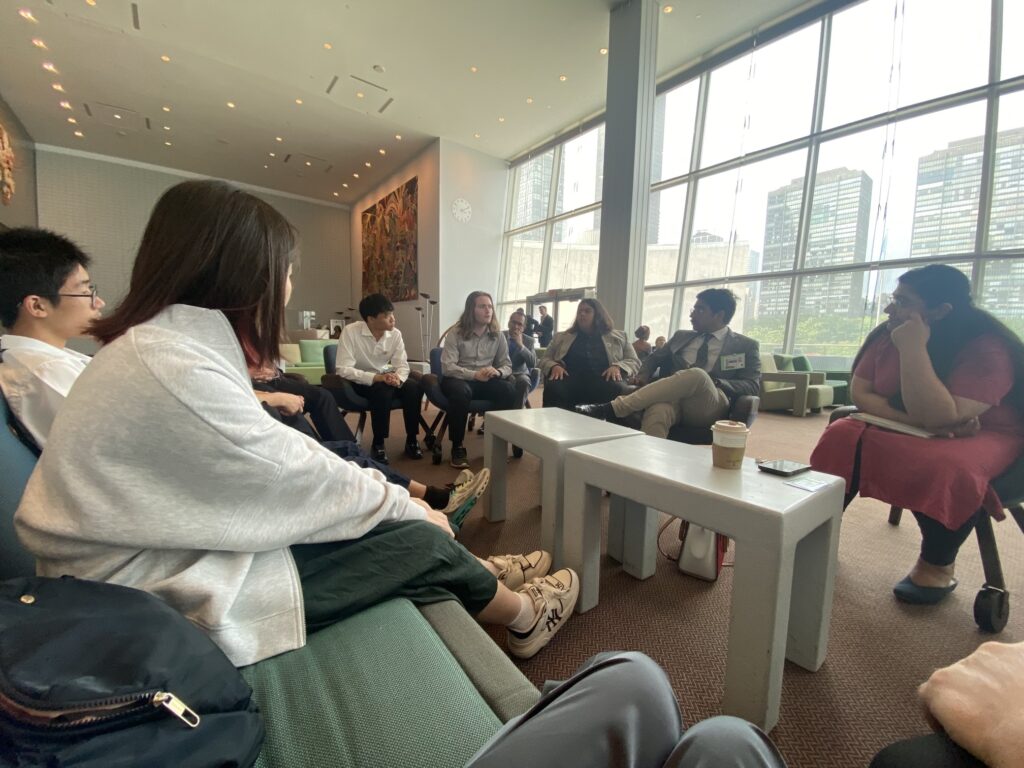
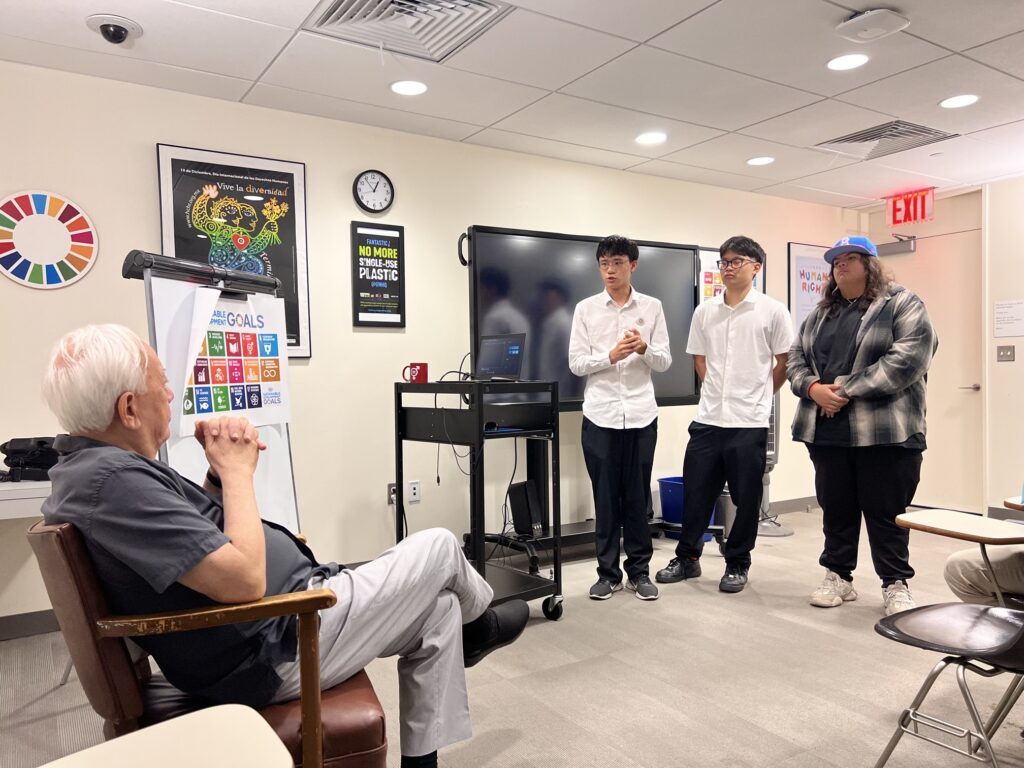
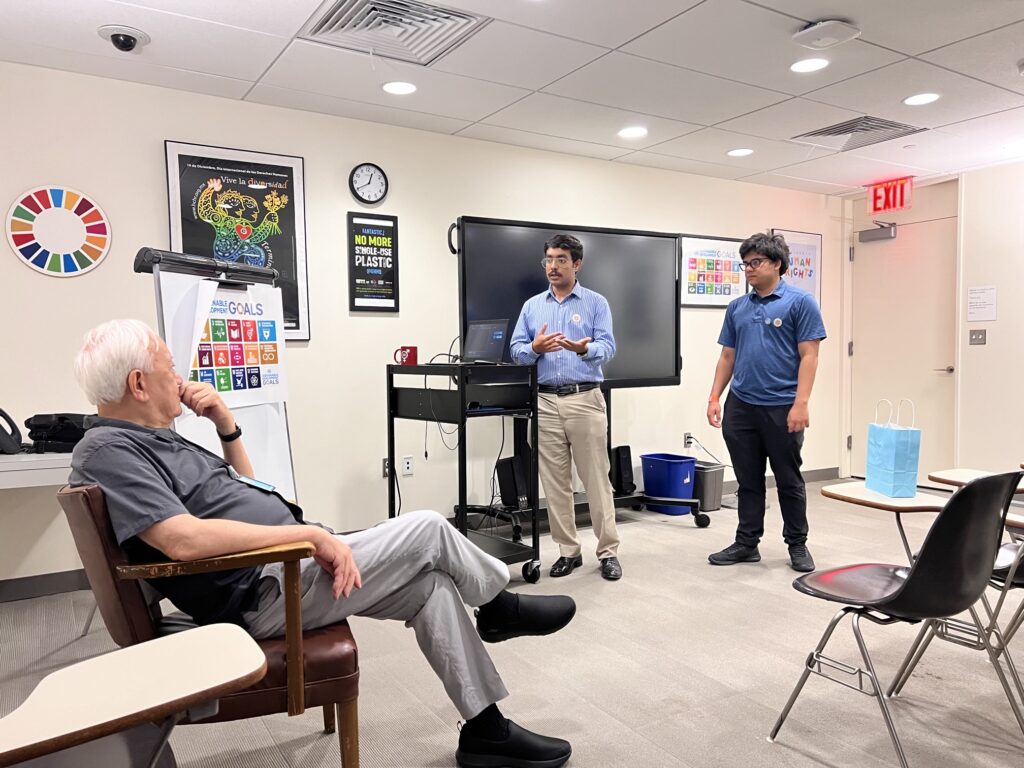
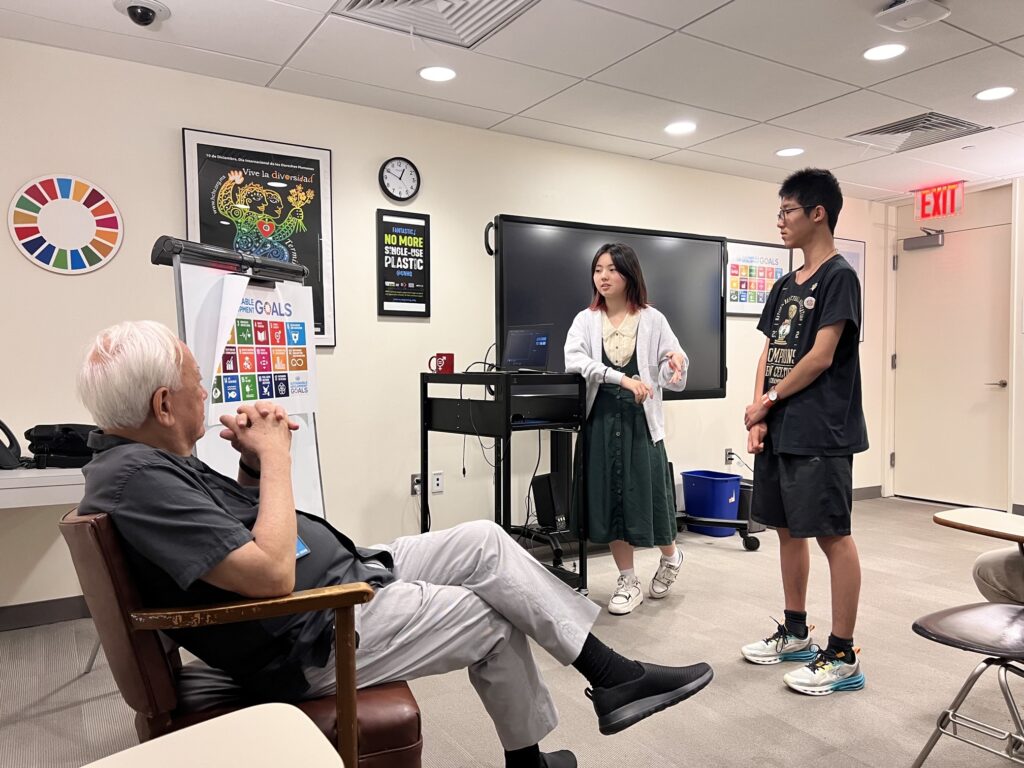
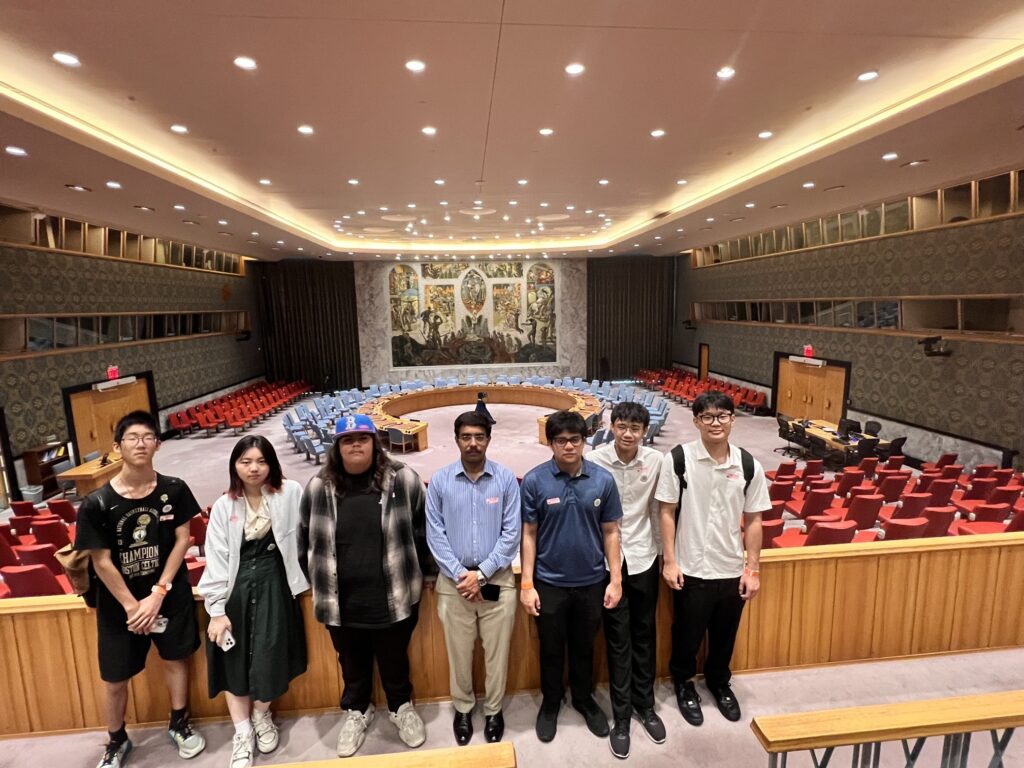
2024 UN Junior Ambassador Program Journey – California Closing Ceremony and Student Presentations
At our California closing ceremony, the students delivered clear and fluent presentations on their findings.
First group – Ryan C., Conner K., and Noah M. explored Germany’s nuclear power policies.
The second group – Yuhan Y. and Haisheng S. focused on Tanzania, arguing that building the economy and addressing hunger and poverty should take precedence over climate change efforts to ensure stability.
Meanwhile, Daniel W. and Malik A. tackled climate change issues in Pakistan, emphasizing the urgent need for government action to address the worsening food shortages.
Brady S. and Songbuer Y. were passionate about promoting sustainable cities in the United States. For more details, please refer to their research papers.
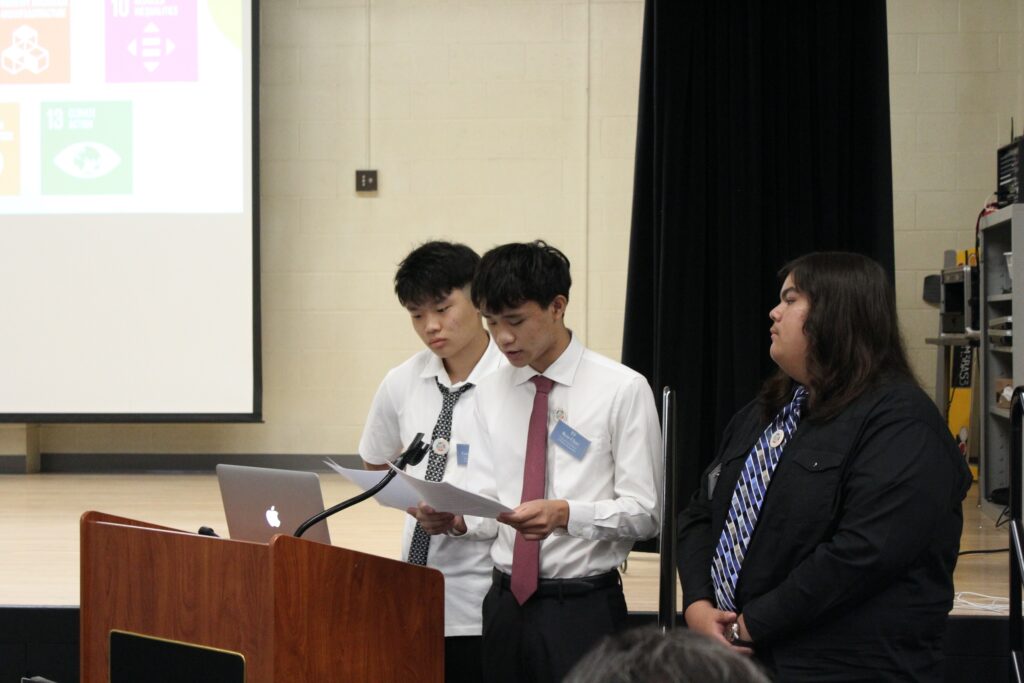
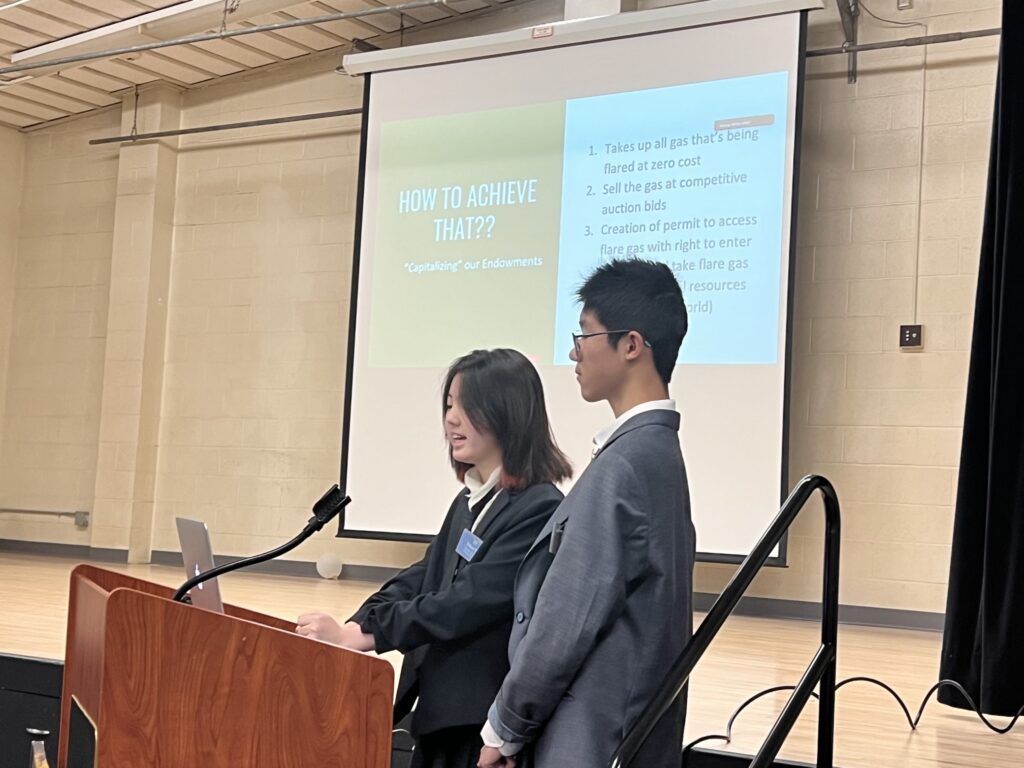
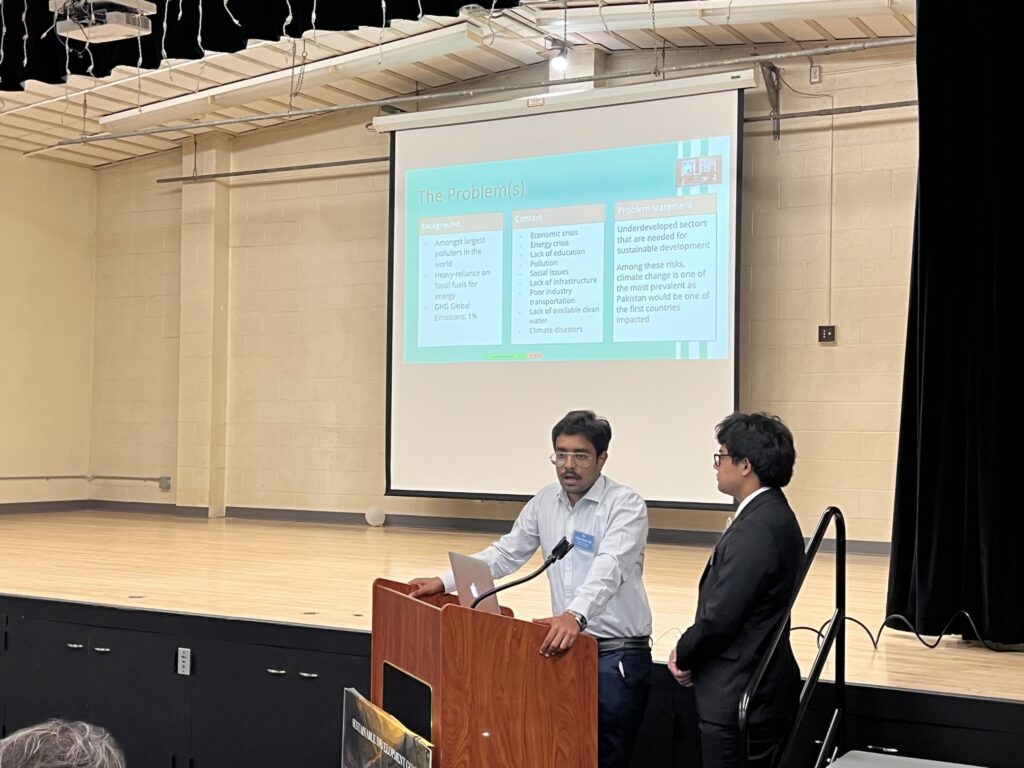
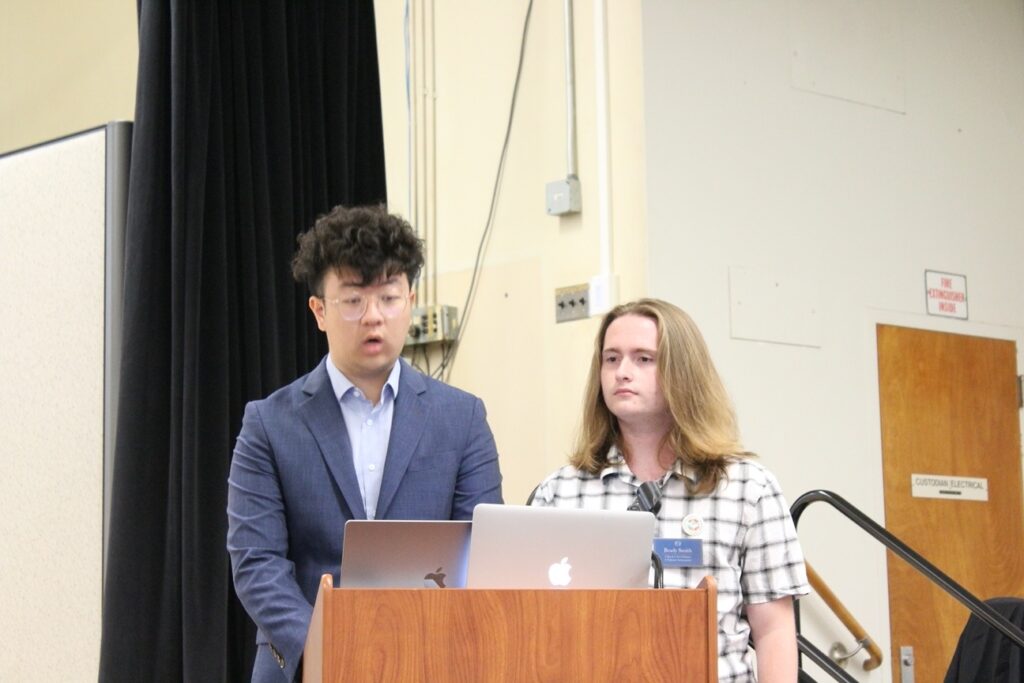
Each year, we are proud and honored to invite world-class keynote speakers. They played a crucial role in delivering key insights that broadened the students’ worldviews. They discussed topics such as how power transitions influence voting dynamics within the United Nations, the impact of geopolitical forces as regional hegemons on regional stability, and the importance of individual perspectives on local to global issues, inspiring the students to become active, engaged citizens.
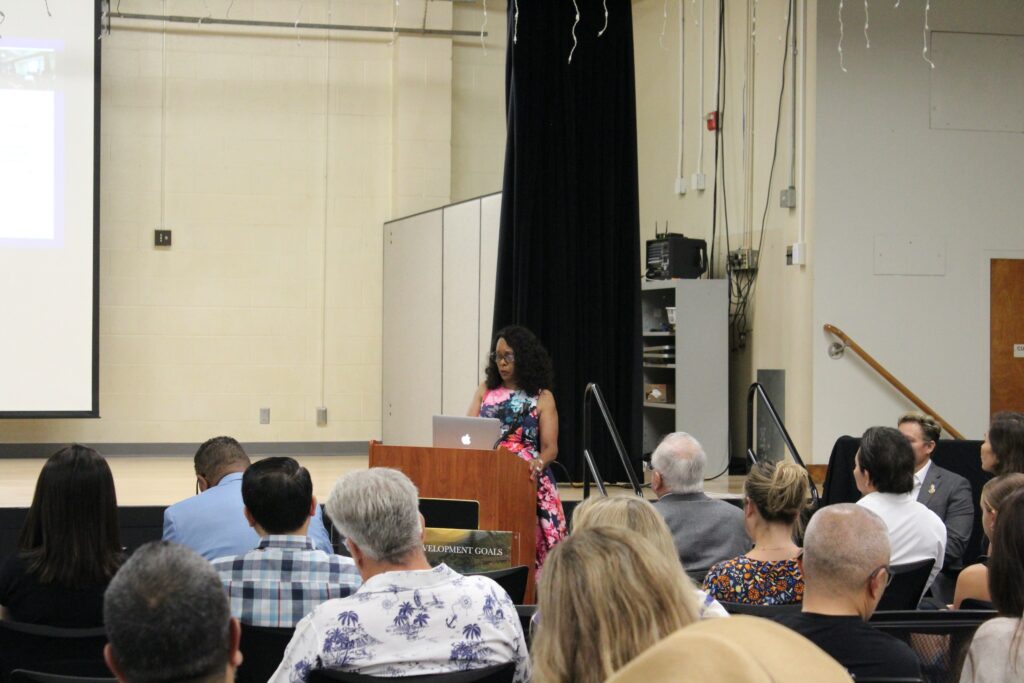
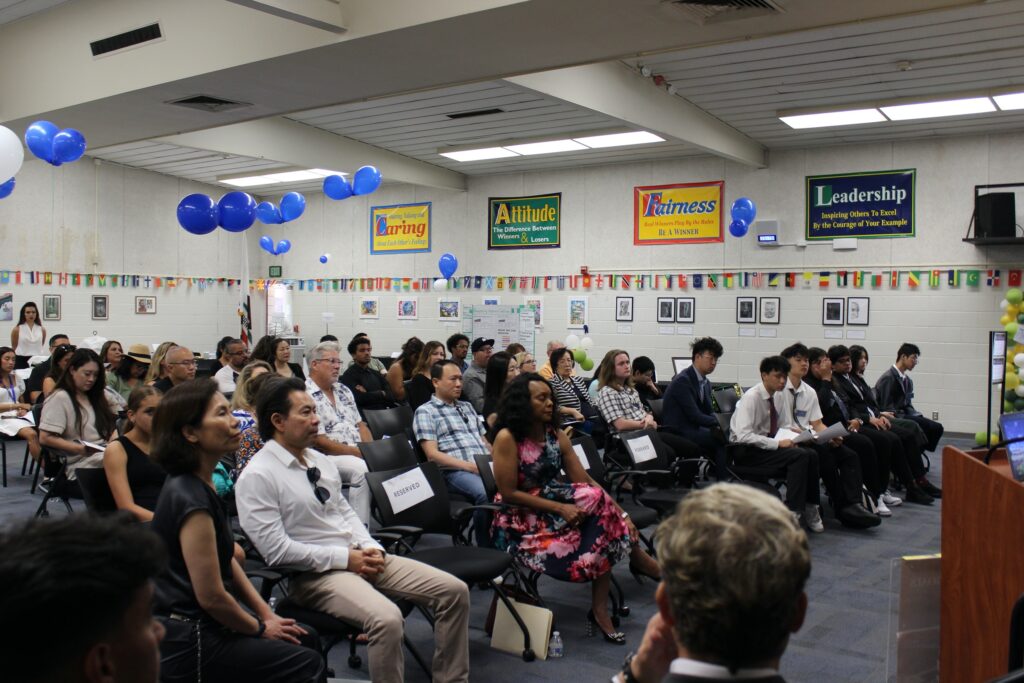
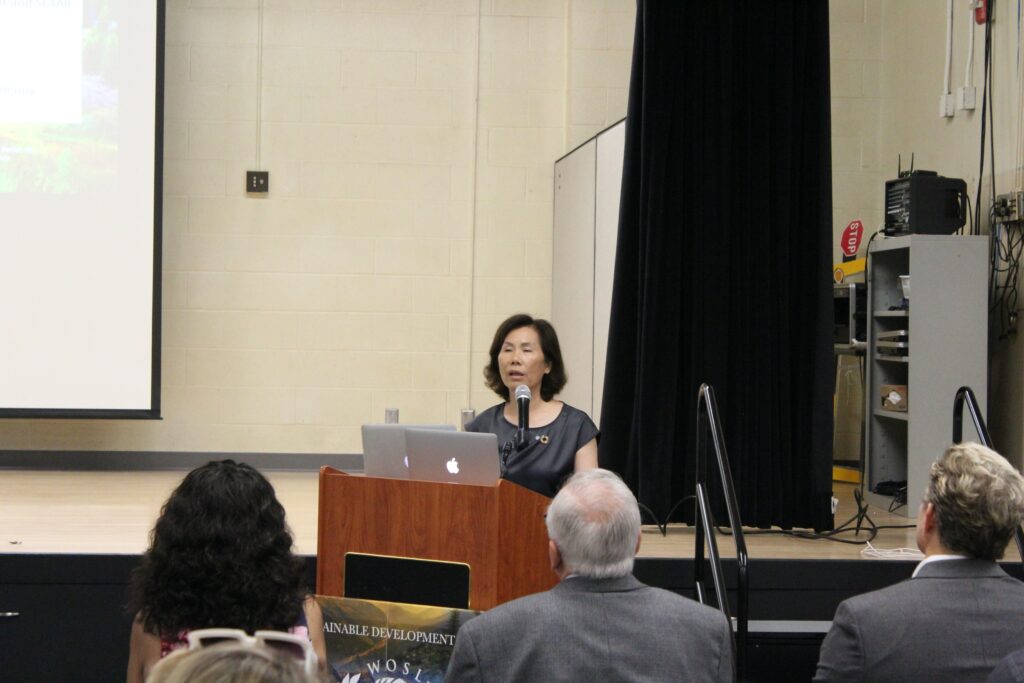
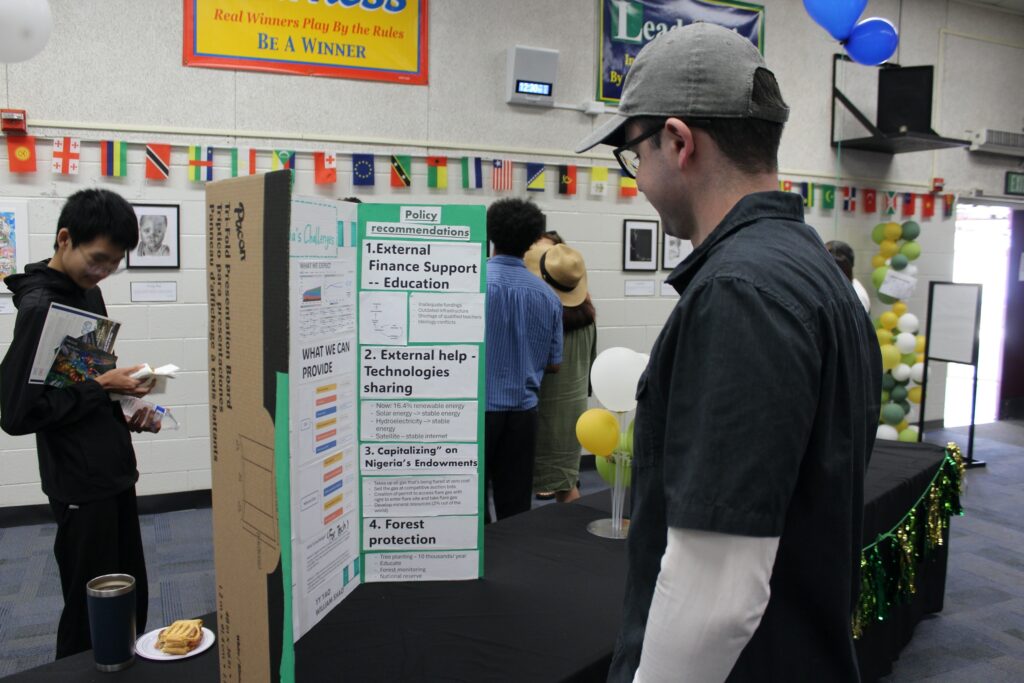
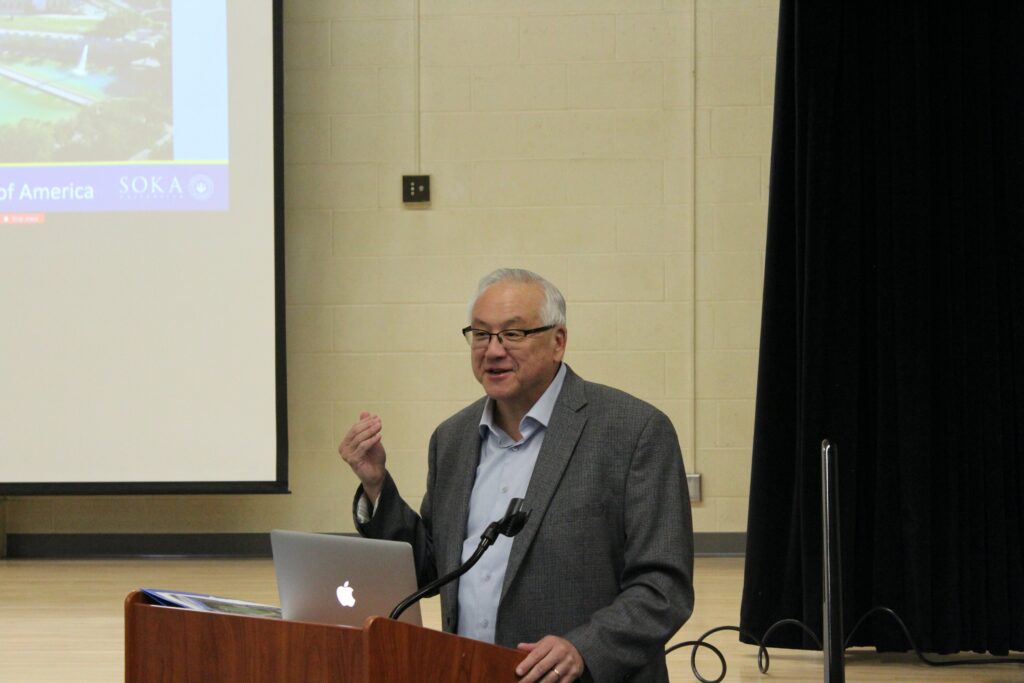
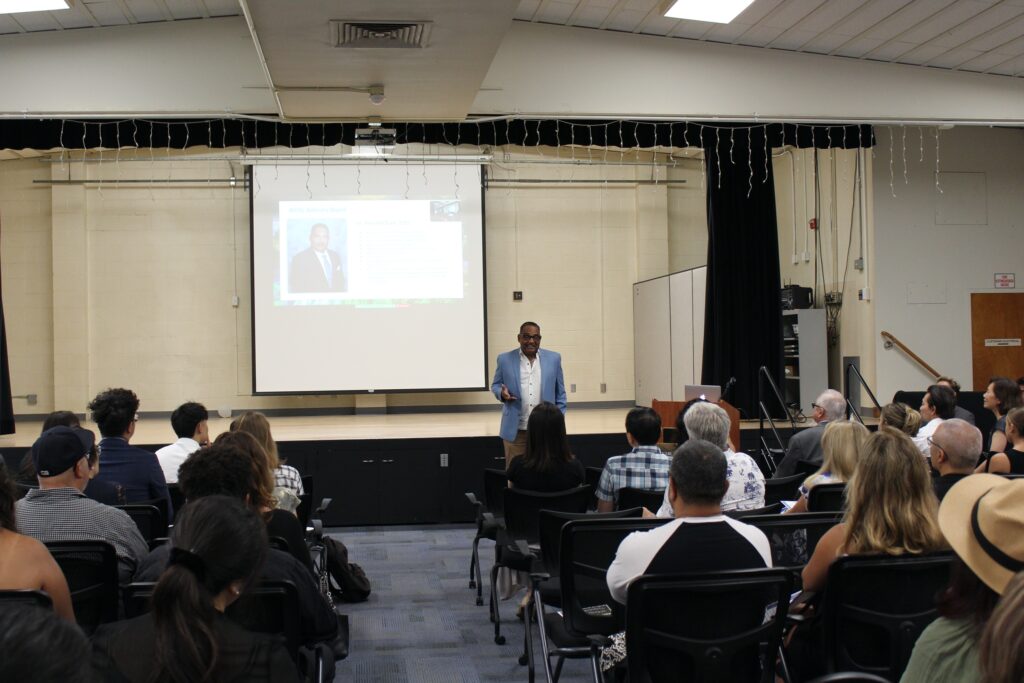
2024 UN Junior Ambassador Program Journey
After a four-year hiatus due to the global pandemic, the 2024 UN Junior Ambassador Program has been successfully relaunched. This year, we shifted our recruitment strategy from an international focus to targeting local high school students. We were thrilled to have an exceptional group from Ayala High School in Chino Hills, CA, along with participants from Fairmont Preparatory Academy, Anaheim, CA, and Rio American High School, Northern California along with students from Pakistan and China Their performance exceeded our highest expectations, demonstrating excellence throughout the program.
As in previous years, we hosted our California sessions at Claremont Graduate University in Claremont, CA, before transitioning to the Chino Valley Unified School District’s Alternative Education Center in Chino Hills, CA.
The daily intensive instruction was delivered by faculties from WOSL and MIT, focusing on Climate Change using C-ROADS and En-ROADS. While MIT faculty led the scientific simulations and system emulations, WOSL faculty guided students through systems thinking and complex problem-solving. This approach allowed students to model climate change scenarios by integrating environmental, societal, and economic factors into policy implications.
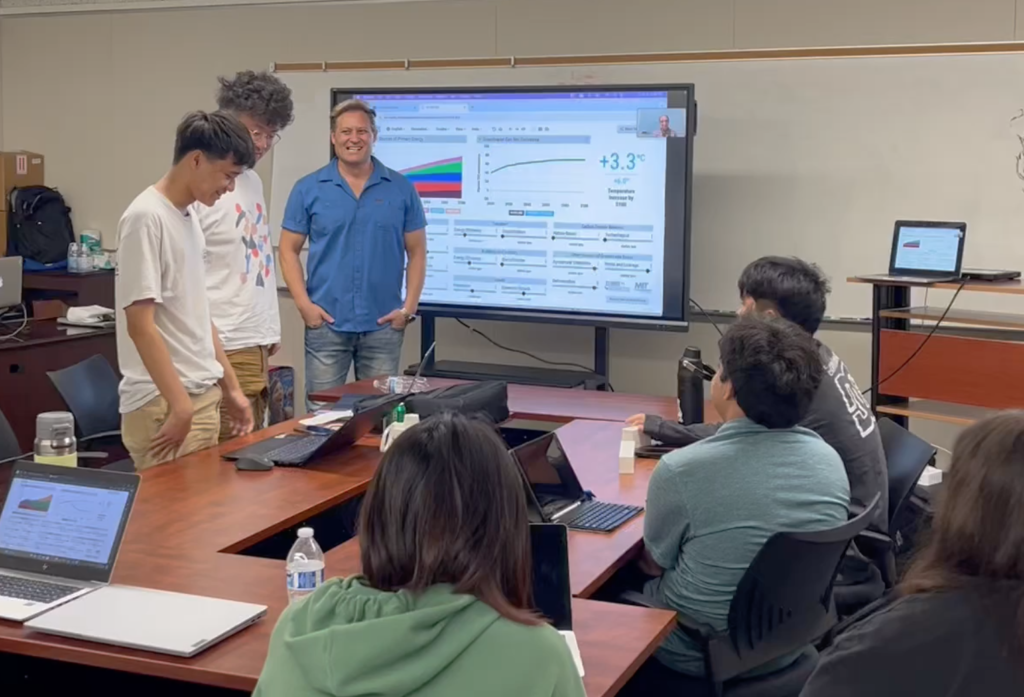
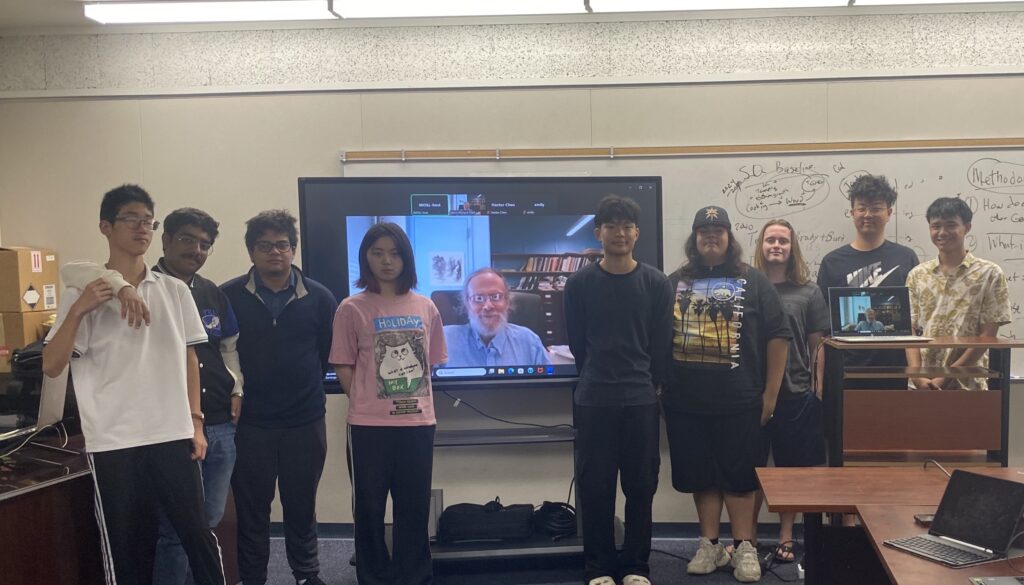
Each year, we are proud and honored to invite world-class keynote speakers. They played a crucial role in delivering key insights that broadened the students’ worldviews. They discussed topics such as how power transitions influence voting dynamics within the United Nations, the impact of geopolitical forces as regional hegemons on regional stability, and the importance of individual perspectives on local to global issues, inspiring the students to become active, engaged citizens.
By the end of the two-week program, the students produced highly qualified models with excellent policy recommendations. We are immensely proud of their achievements and believe this program is a powerful tool for training young students to become the sharp leaders of tomorrow.
